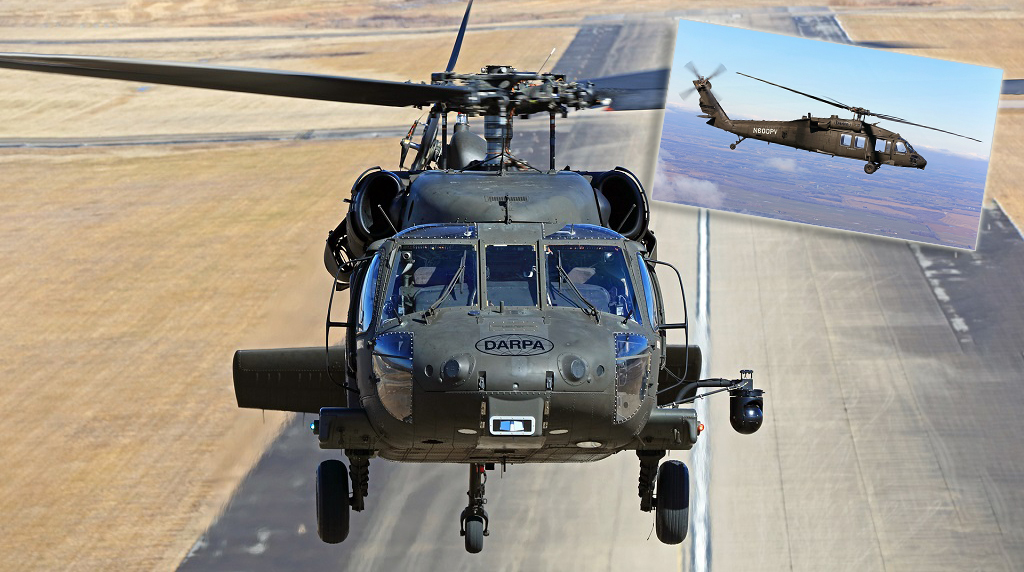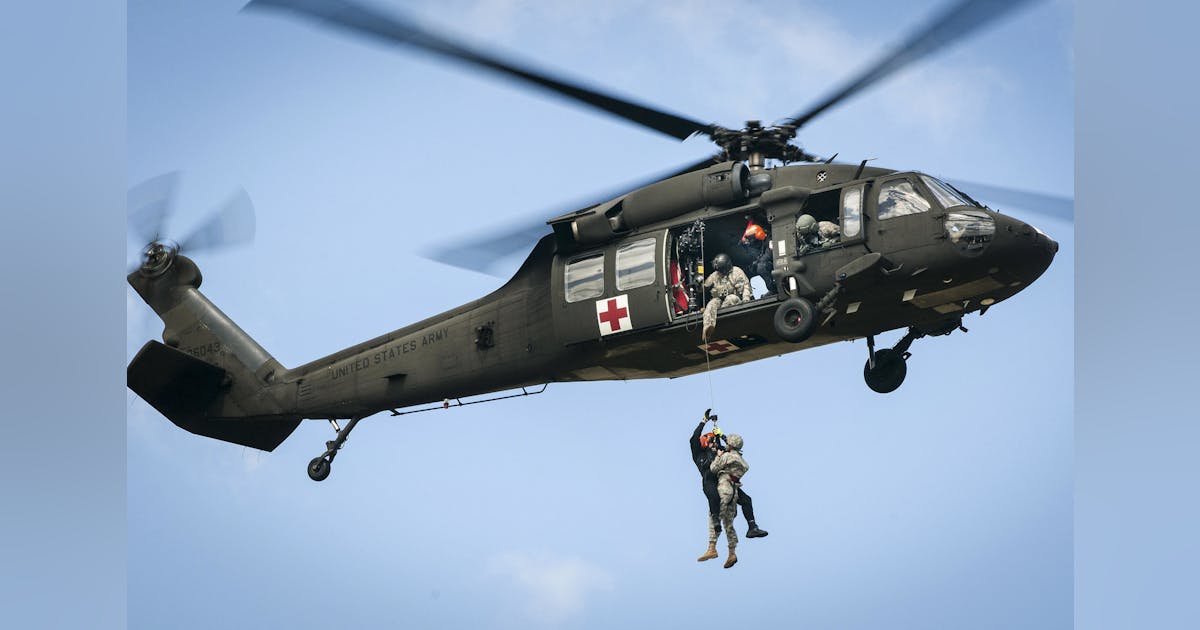UH 60 Technical Requirements and Efficiency Evaluation
The Role of Aircraft in Shaping Worldwide Transport and Profession Characteristics
The evolution of aircraft has actually indelibly changed worldwide transportation and trade dynamics, promoting extraordinary levels of connectivity and performance. With the establishment of robust air freight networks, services can now browse international markets with exceptional speed and agility, thereby redefining supply chain techniques. Nevertheless, this change is not without its obstacles, as the air travel industry faces sustainability concerns and regulatory stress. As we check out the multifaceted effects of aircraft on worldwide profession, it is crucial to think about how these aspects will form the future landscape of aeronautics and its function in the economy.

Evolution of Air Transportation
The advancement of air transportation has actually been noted by considerable technical improvements and innovations that have actually changed the method individuals and goods relocate across the world. From the Wright siblings' very first powered trip in 1903 to the development of supersonic jets, each turning point has actually underscored the unrelenting quest of performance and speed in air traveling. Early aircraft were largely simple, restricted by engine power and structural stability. The intro of advanced materials and the rules of aerodynamics in the mid-20th century led to significant improvements in aircraft dependability, safety and security, and efficiency.
The latter component of the 20th century observed the development of industrial aeronautics as a viable mode of transport, characterized by the intro of jet engines, which transformed flight by significantly minimizing trip times. Additionally, technologies in navigation and communication technologies have enhanced operational effectiveness and safety and security, enabling even more complicated flight courses and timetables. The surge of air cargo in parallel with passenger services has further underscored the versatility of aeronautics. As we look to the future, arising innovations such as electric and autonomous airplane guarantee to redefine the air transport landscape, guaranteeing continued evolution and adaptation to international needs.
Effect On Global Profession
Air transportation has actually profoundly improved international trade by promoting the swift motion of products throughout vast distances. This expedited logistics capacity allows services to respond quickly to market demands, therefore improving supply chain effectiveness. The capacity to transfer subject to spoiling goods, high-value items, and time-sensitive items has actually opened new markets and chances for numerous sectors, considerably influencing trade patterns.
Furthermore, the advancement of air freight networks has actually cultivated globalization, enabling business to source materials and products from different parts of the world perfectly. This interconnectedness minimizes lead times and costs, allowing organizations to continue to be affordable in a significantly global market. Furthermore, air transport plays a crucial duty in shopping, where customer assumptions for rapid distribution have actually driven a rise popular for air cargo services.
The impact of aircraft on international profession includes the production of strategic profession courses, connecting areas and promoting global collaborations. Nations that buy air transport infrastructure frequently experience enhanced financial development and boosted international direct financial investment. On the whole, the advancement of air transport has not just transformed the logistics landscape but has additionally end up being a crucial component in the dynamics of worldwide profession.

Financial Benefits of Aeronautics
A robust aeronautics industry produces substantial economic advantages, contributing to task creation, tourist, and total economic growth - uh 60. The air travel sector supports countless jobs internationally, varying from direct employment in airlines and airport terminals to indirect roles in sectors such as hospitality, transport, and logistics. According to market reports, for every single job in the air travel field, roughly 3.5 extra work are created in the more comprehensive economic climate
Tourist is an essential component of the economic benefits originated from aeronautics. Air traveling assists in worldwide tourist, allowing travelers to check out varied locations, which subsequently boosts neighborhood economic climates. Nations that buy their aeronautics infrastructure frequently experience boosted vacationer arrivals, bring about higher investing on solutions such as resorts, dining establishments, and destinations.

In addition, aeronautics improves worldwide connectivity, enabling companies to access new markets and sources efficiently. This connectivity cultivates global trade, enabling the rapid movement of items, which is crucial in today's globalized economic situation. As an outcome, markets such as ecommerce and manufacturing advantage immensely from reliable air transportation, further driving economic development. On the whole, the air travel industry remains a keystone of financial vigor, underscoring its indispensable function in shaping modern-day economic situations.
Difficulties Dealing With the Air Travel Industry
Navigating an intricate landscape of regulative, ecological, and economic obstacles, the aviation market deals with substantial obstacles that intimidate its sustainability and growth. Laws bordering safety and safety are consistently advancing, necessitating continuous conformity and adaptation from producers and airline companies (uh 60). This can result in increased functional costs and resource appropriation that interferes with development and growth initiatives
Furthermore, environmental problems have actually become critical, with expanding analysis over carbon exhausts and environmental pollution. The market is under pressure to embrace greener practices and technologies, which typically need significant financial investment in study and development. Balancing these environmental responsibilities with the demand for flight presents a considerable difficulty.
Economic changes, such as increasing fuel costs and geopolitical uncertainties, even more complicate the landscape. Airlines frequently grapple with volatile operating costs and varying passenger demand, which can affect productivity and long-lasting planning. Labor shortages and ability voids in important locations add one more layer of complexity, hindering functional performance.
Ultimately, dealing with these multifaceted challenges is crucial for the aeronautics market to preserve its pivotal role in international transport and trade, while ensuring strength and flexibility in a progressively open market.
Future Fads in Air Traveling
Changing and arising visit this site innovations customer choices are positioned to improve the future of air traveling significantly. The integration of artificial intelligence and artificial intelligence is anticipated to improve functional efficiency, simplify flight terminal processes, and boost customer support. Predictive analytics will certainly help with more precise need forecasting, allowing airline companies to optimize trip schedules and prices versions.
Sustainability is ending up being a vital chauffeur in flight, with the air travel sector increasingly concentrated on reducing carbon discharges. Advancements in airplane layout, such as hybrid and electric propulsion systems, are being discovered to meet ecological targets. The fostering of sustainable aviation fuels (SAFs) is expected to play an important function in attaining net-zero emissions by 2050.
Consumer preferences are changing in the direction of personalized travel experiences. Airline companies are buying innovative data analytics to tailor services and improve client interaction, making certain a more customized journey from reserving to arrival. In addition, the rise of remote work may result in boosted need for recreation traveling, as people look for to incorporate work and vacation.
Final Thought
In final thought, airplane dramatically affect global transportation and trade dynamics by facilitating rapid movement and enhancing supply chain efficiency. The development of air transport has actually changed global profession, generating significant financial benefits while also presenting obstacles that need critical management. Future trends indicate an ongoing dependence on aviation for commerce, underscoring its essential role in globalization and economic growth. The ongoing adaptation of the aviation industry will be necessary for maintaining its payments to the global economy.
The last part of the 20th century witnessed the appearance of industrial air travel as a viable setting of transport, defined by the introduction of jet engines, which reinvented air travel by considerably reducing trip times. The rise of air freight in parallel with passenger solutions has actually additionally emphasized the adaptability of aeronautics. Additionally, air transportation plays an essential function in ecommerce, where customer expectations for quick delivery have driven a rise in demand for air see freight solutions.
Overall, the advancement of air transportation has not only changed the logistics landscape yet has likewise come to be a vital element in the dynamics of find more information worldwide trade.
Sustainability is coming to be a key vehicle driver in air travel, with the air travel sector increasingly focused on reducing carbon discharges.